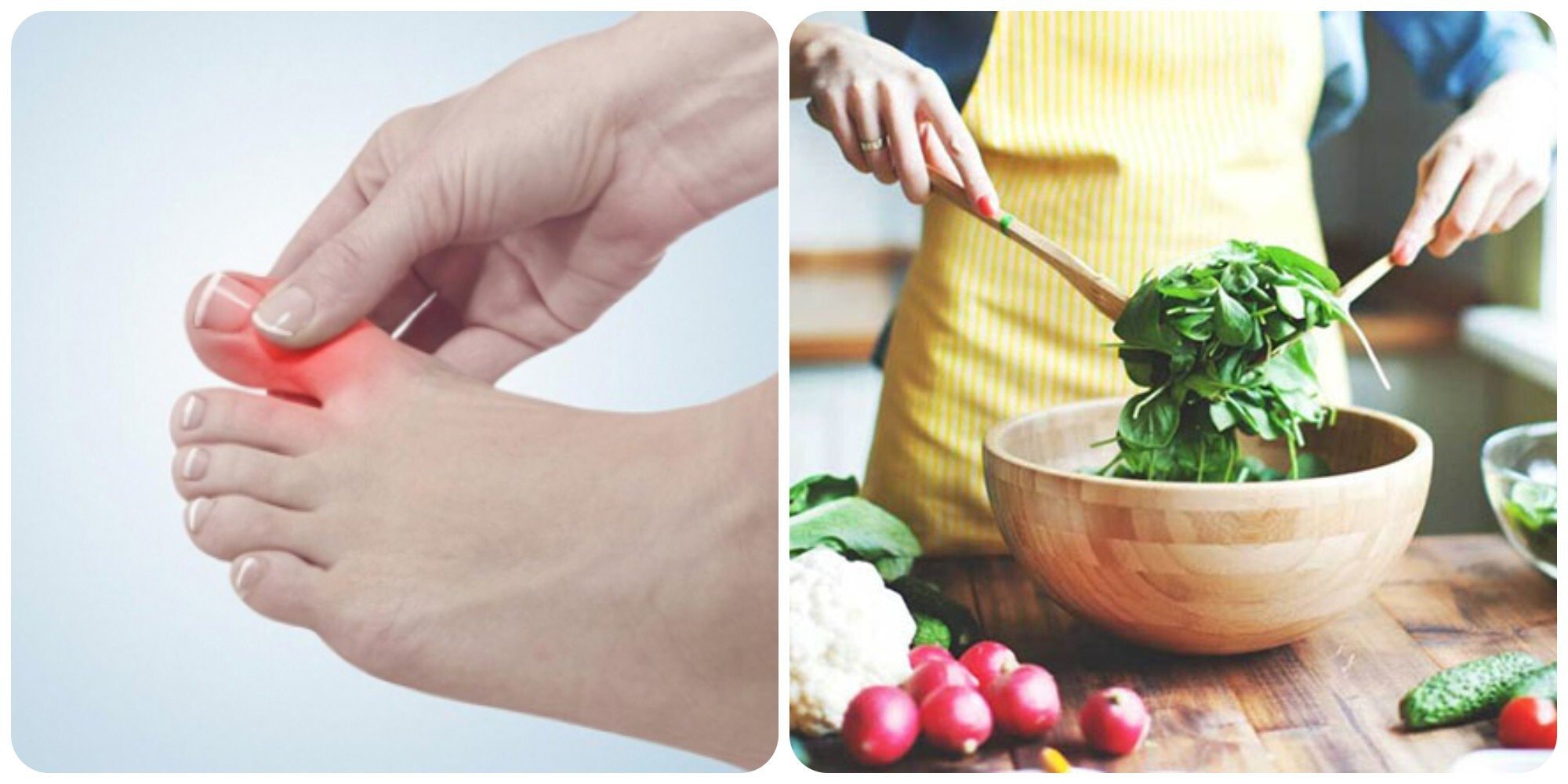What should you eat if you have high uric acid?
If you're struggling with high uric acid levels, check out this diet plan that can help lower uric acid naturally.
Dietary recommendations for people with hyperuricemia.
According to an article by Dr. Vu Hoang in the Health & Life newspaper, diet plays a crucial role for people with high uric acid levels. Adhering to a proper diet helps control uric acid levels in the blood, reduces the risk of acute gout attacks, and prevents dangerous complications of the disease.
Limit your purine intake:Purines are compounds that, when metabolized, form uric acid. Some foods are high in purines, such as organ meats, red meat, seafood, legumes, and asparagus. Limiting the consumption of these foods can help reduce purine levels in the body, thereby contributing to the control of blood uric acid levels.
Losing weight:Being overweight or obese is one of the high-risk factors leading to elevated uric acid levels in the blood. Appropriate weight loss helps lower uric acid levels in the blood, reducing the risk of gout.
Reduce fructose intake:Fructose is a type of sugar found in abundance in fruits, soft drinks, canned fruit juices, etc. Fructose can increase uric acid production in the body. Therefore, people with high uric acid levels should limit their consumption of fructose-rich foods.
Drink plenty of water:Water helps to flush uric acid out of the body through urine. Drinking enough water each day (about 2 liters) also helps control blood uric acid levels.

What should you eat if you have high uric acid?
According to the Lao Dong newspaper, citing Aboluowang, a study in the US showed that 20% of uric acid in the body comes from food, while 80% is due to metabolic disorders. Therefore, the basic treatment for hyperuricemia is to control diet and supplement the body with necessary nutrients.
Protein
Protein can help excrete uric acid, control inflammatory response factors, reduce pain, and help manage weight. Compared to rice, white flour has a higher protein content and is more suitable for people with high uric acid levels.
Additionally, dairy products contain proteins that are beneficial for fighting inflammation and lowering uric acid levels. For patients with hyperuricemia, low-fat or unsweetened dairy products are a good option.
Potassium
Potassium can promote the excretion of uric acid and help reduce uric acid levels in the blood. Vegetables such as cucumbers, tomatoes, lettuce, and other leafy greens are not only low in calories, high in water, and have diuretic effects, but are also rich in potassium, magnesium, calcium, and other trace elements that are very effective in reducing uric acid in the blood. Therefore, people with hyperuricemia can eat these vegetables in moderate amounts.
In addition, starchy vegetables such as potatoes, taro, yam, lotus root, and chestnuts are also rich in potassium; patients with hyperuricemia can consume these foods to control uric acid levels in their blood.
Vitamin C
Moderate vitamin C intake can help increase urate excretion and reduce uric acid levels in the blood. Patients with hyperuricemia should increase their consumption of suitable fruits such as apples, oranges, lemons, kiwis, and dragon fruit.
Vegetables rich in vitamin C, such as green peppers, tomatoes, cabbage, cauliflower, kale, and others, can help lower uric acid levels in the blood and prevent gout.
Fiber
Fiber can slow down the digestion and absorption of food, increase feelings of fullness, aid in weight loss, and stabilize blood sugar levels. It also helps prevent metabolic syndromes such as diabetes, hypertension, hyperlipidemia, and obesity, and avoids high uric acid levels.
Patients with hyperuricemia should increase their consumption of fiber-rich leafy green vegetables such as cabbage and lettuce, fruits such as apples, pears, and pomegranates, and grains such as buckwheat, oats, and corn, to help stabilize uric acid levels in the blood and prevent metabolic disorders.



